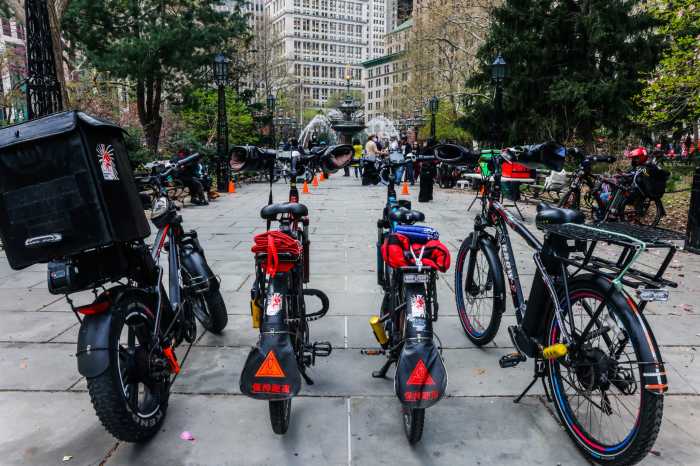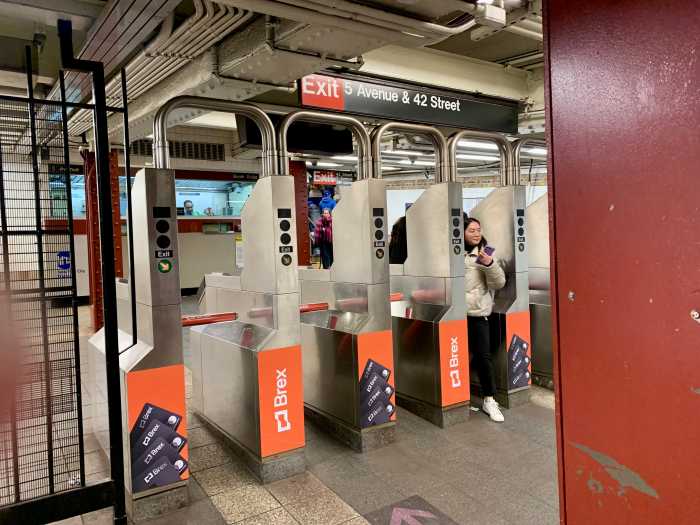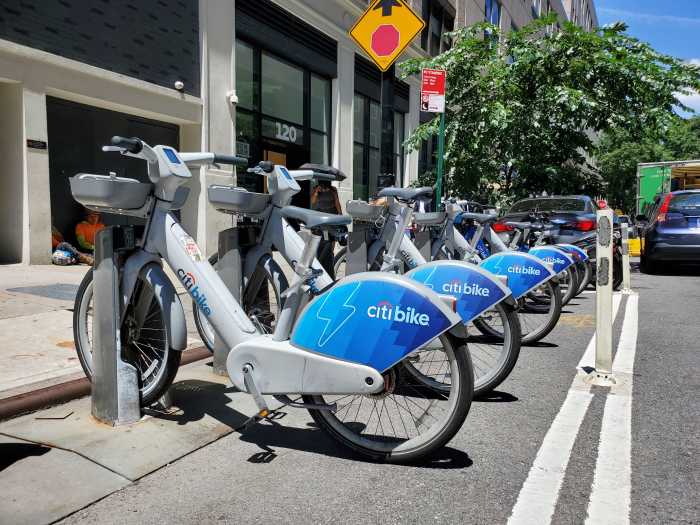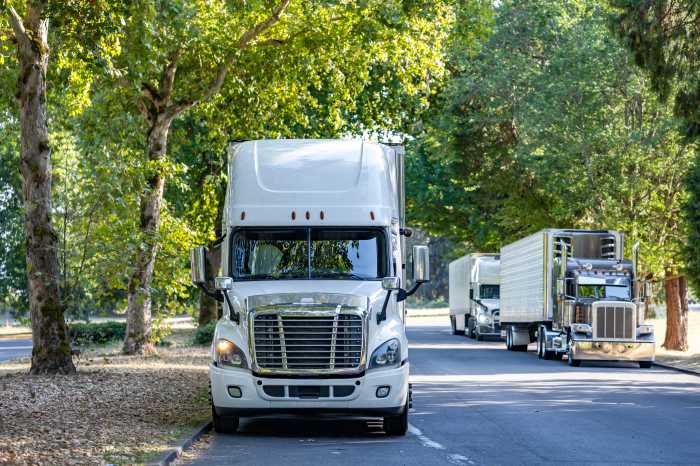
New Yorkers affected by the impending L train shutdown could have a chance to commute to work via electric scooter if an effort to legalize them gains traction.
Councilman Antonio Reynoso, whose district includes parts of Williamsburg and Bushwick, wants the city to legalize e-scooters, he said at a news conference Monday.
As of August, council members Ydanis Rodriguez and Rafael Espinal were in the process of drafting legislation that would legalize the scooters. That legislation hasn’t yet been introduced, a spokeswoman for Reynoso said Monday.
“The L train shutdown is real. It is going to happen. It is going to be disruptive,” he said, noting that “hundreds of thousands of people” take the L train every day. “When that shuts down, they’re all going to need alternate transportation.”

If e-scooters were legalized, the city would likely put out a request for proposal (RFP) seeking companies interested in launching a pilot program that would ultimately resemble Citi Bike’s bicycle-sharing program in New York City, Reynoso said.
Williamsburg could serve as a pilot area for an e-scooter program if legalization efforts were successful, he noted.
Joining Reynoso on Monday was David Strickland, formerly head of the National Highway Traffic Safety Administration and currently the chairman of the Global Safety Advisory Board for Bird, an electric scooter rental service that’s been rolling out scooters across the country.
Scooters could help “ease the burden” on alternate forms of transportation during the L train shutdown, and would “still be a transportation choice” after the shutdown ends, Strickland said.
While Bird has expressed interest in bringing its program to New York, the RFP process would ultimately select the company that would be involved in any e-scooter sharing program, Reynoso said, noting that he was “not endorsing any individual company.”
The scooters the City Council is looking at legalizing wouldn’t travel at speeds higher than 15 miles per hour, and the legislation would include regulations for their use, Reynoso noted.
E-scooters aren’t the only electronic mode of transport that’s been pitched as an L-train shutdown alternative. In August, the de Blasio administration said Citi Bike planned to roll out 1,000 pedal-assisted bikes — in addition to a “special e-bike shuttle” — by next April.
The city is still cracking down on a different kind of motorized bike used by delivery workers, however — a policing policy advocates have called “anti-immigrant, anti-worker and anti-safe-streets.”
Legalizing e-scooters could provide an opportunity to open up the discussion around legalizing other modes of electronic transportation, Reynoso maintained.
“We just want more options,” he said of the push for e-scooters. “We don’t want to be the last city in the country that’s allowing for these things to happen.”

































